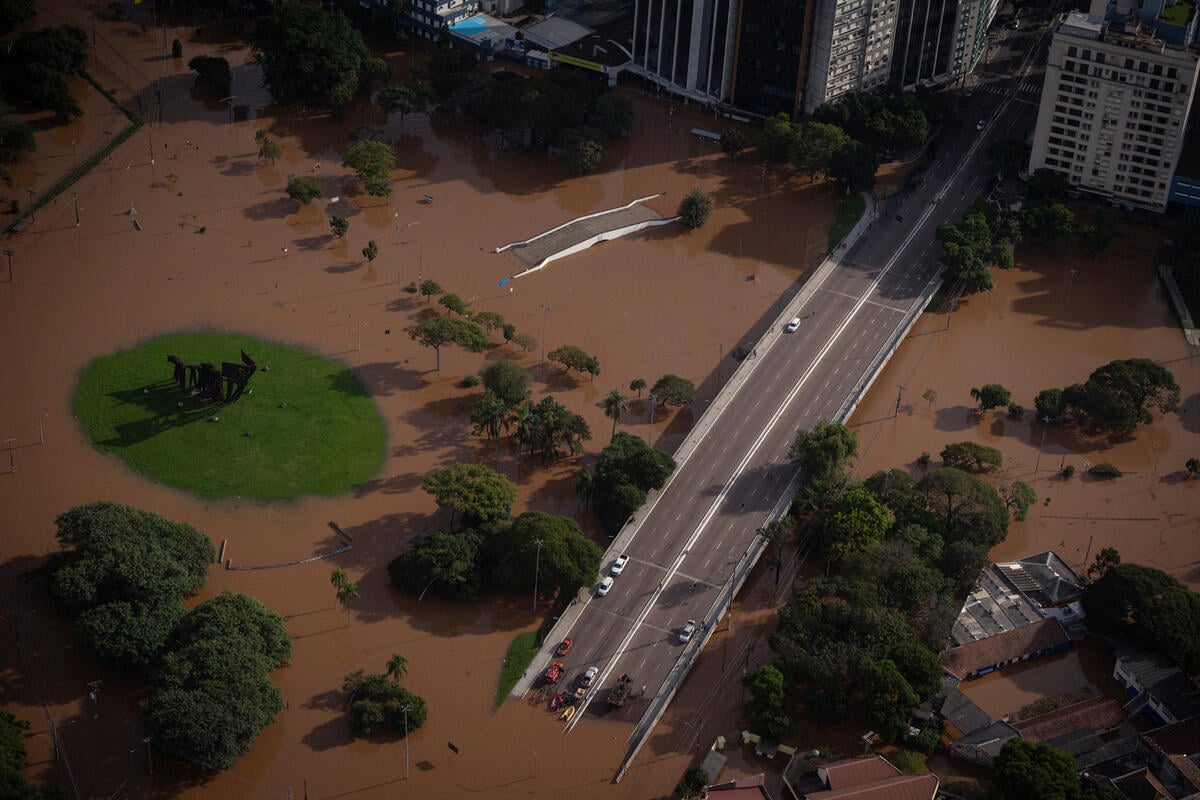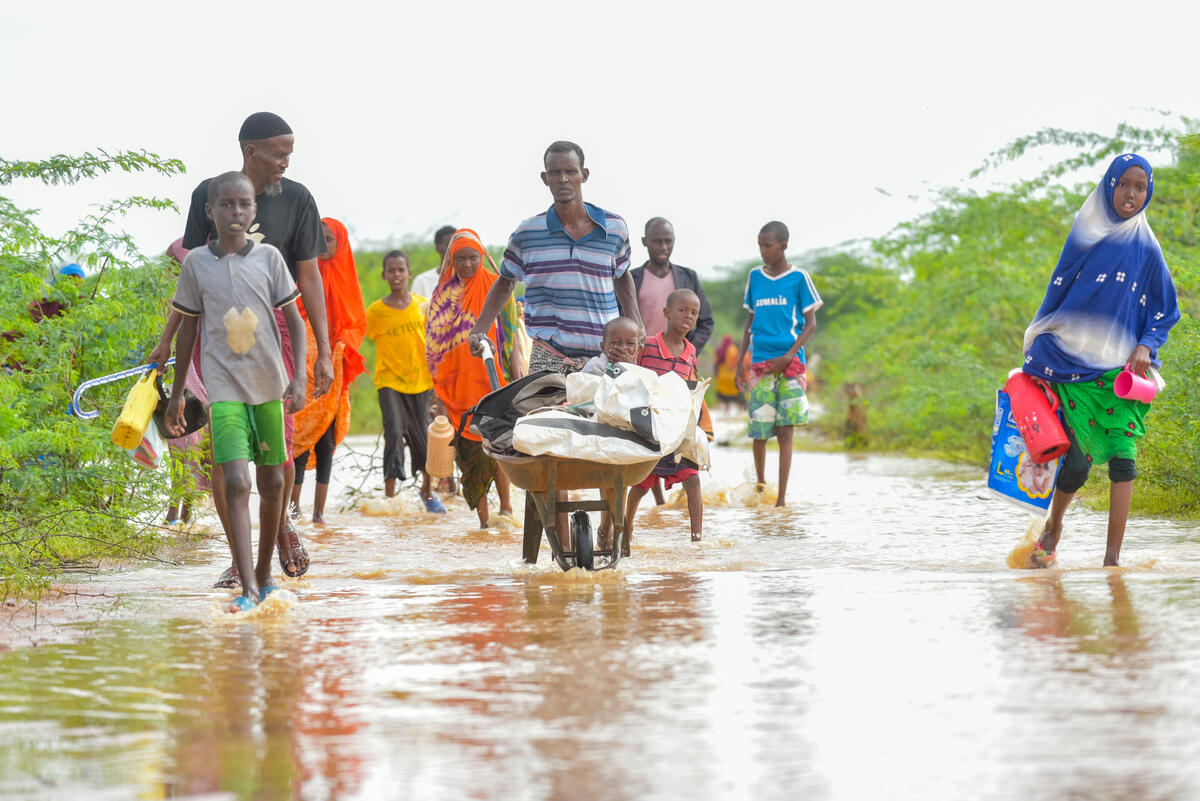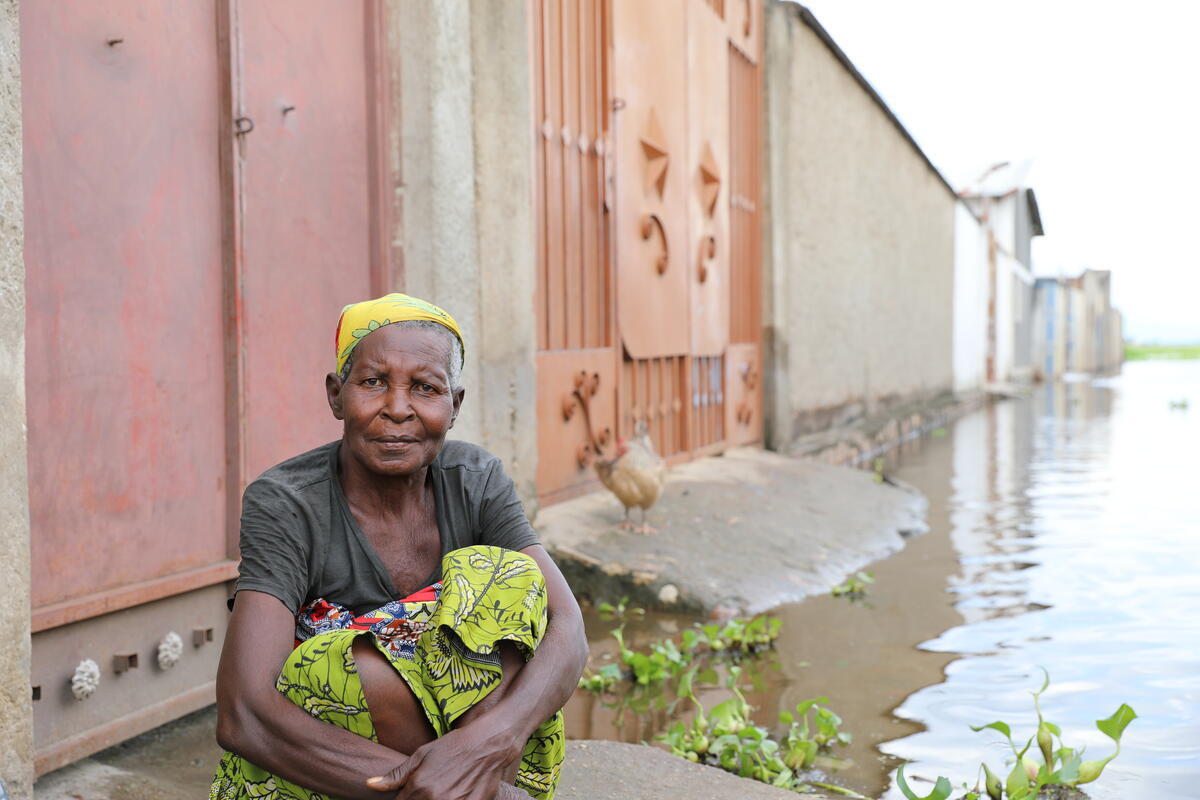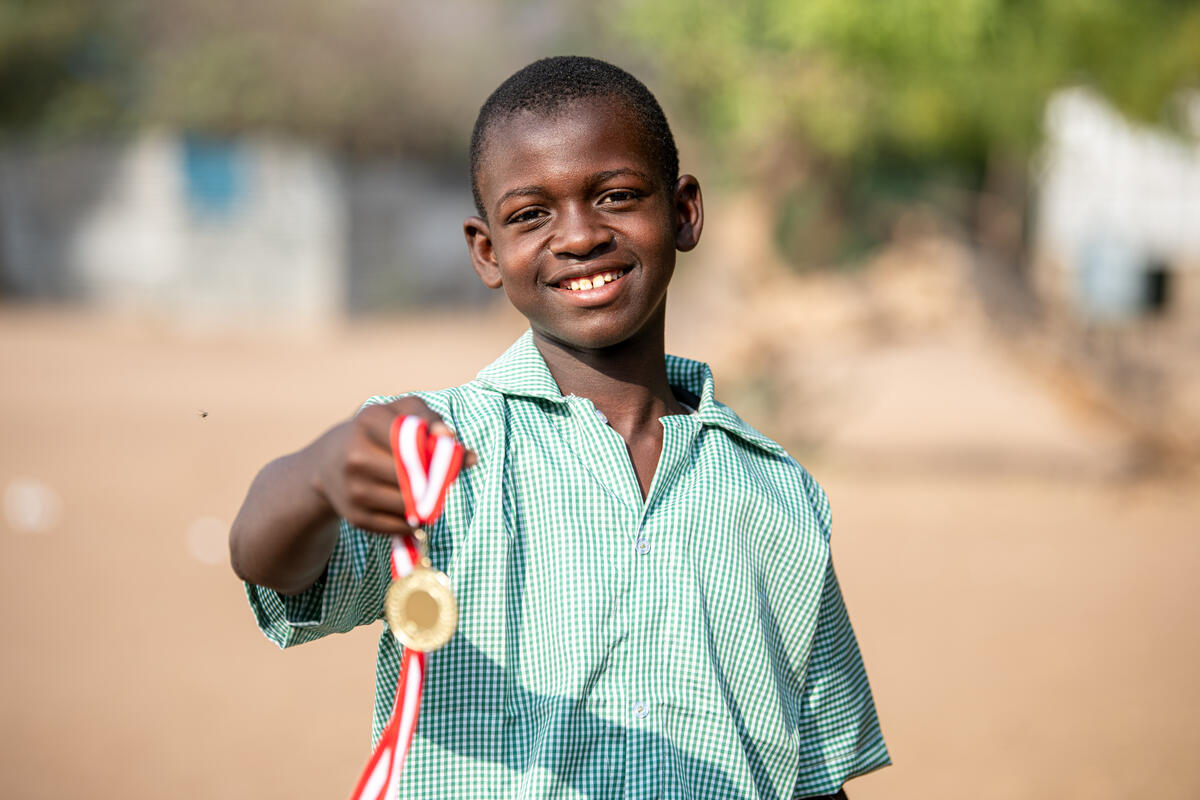Somalia: Some returning to Mogadishu, but situation still tense
Somalia: Some returning to Mogadishu, but situation still tense
People displaced by the recent fighting are gradually returning to Mogadishu. Our staff in the Somali capital report that people are only returning to those parts of the city which were not involved in the fighting. At the same time, families who used to live in neighbourhoods affected by the fighting are still reluctant to go back, mainly because of the reported presence of soldiers from the Transitional Federal Government (TFG) and allied Ethiopian troops. Civilians fear that should they go back, they might be caught once more in the crossfire if the fighting resumes. Our team reports that, even though fighting has ceased in Mogadishu, the situation remains very tense.
Other former residents have not been able to return to their homes because their houses have been destroyed by mortar shelling, or because they can no longer access the place where they used to live because of insecurity. That is the case of some of the estimated 250,000 people who were internally displaced within the city by the previous conflicts that had been raging in Somalia since the central government collapsed in 1991.
Many of these people were living in former public buildings such as Ministries or police stations, but the TFG recently announced that people had to vacate these buildings in the coming weeks. People who temporarily moved out of government buildings are now unable to access them. UNHCR is negotiating with the TFG to make sure that these people are relocated to other parts of Mogadishu where they can have access to basic services and infrastructure.
Meanwhile, UNHCR continues to deliver assistance to the numerous families who remain in Afgooye, 30 kilometres away. More than 40,000 people fled to the Afgooye area during March and April as heavy fighting raged in Mogadishu.
In the past weeks, UNHCR distributed relief items such as plastic sheeting, mattresses, blankets and jerry cans for some 50,000 people in and around Afgooye. Relief items were airlifted from our emergency stockpiles in Dubai. Many families, however, are still living under trees, exposed to the elements. In order to assist them, we organised on Wednesday another distribution of relief items from our stock in Mogadishu which has become accessible again. The distribution covered the needs of 3,200 people. Other distributions are scheduled to take place in the coming days. Assistance is also being provided to poor, rural residents of Afgooye, many of whom live in the same places as the displaced families who fled Mogadishu and it is extremely difficult to distinguish between them, as they are all equally in need.
Many of the families who fled the capital to locations further than Afgooye say they want to wait a few weeks before travelling back to the capital to make sure that peace will last. Others simply cannot afford to pay for transport back to the city.
According to data provided to UNHCR by a network of aid agencies, almost 400,000 people have fled Mogadishu since the beginning of February, when the last round of fighting began. People who have returned to Mogadishu mainly lack food, water and medicine. UNHCR will be appealing for more funds shortly to help Somalis displaced within the country and in surrounding countries.







